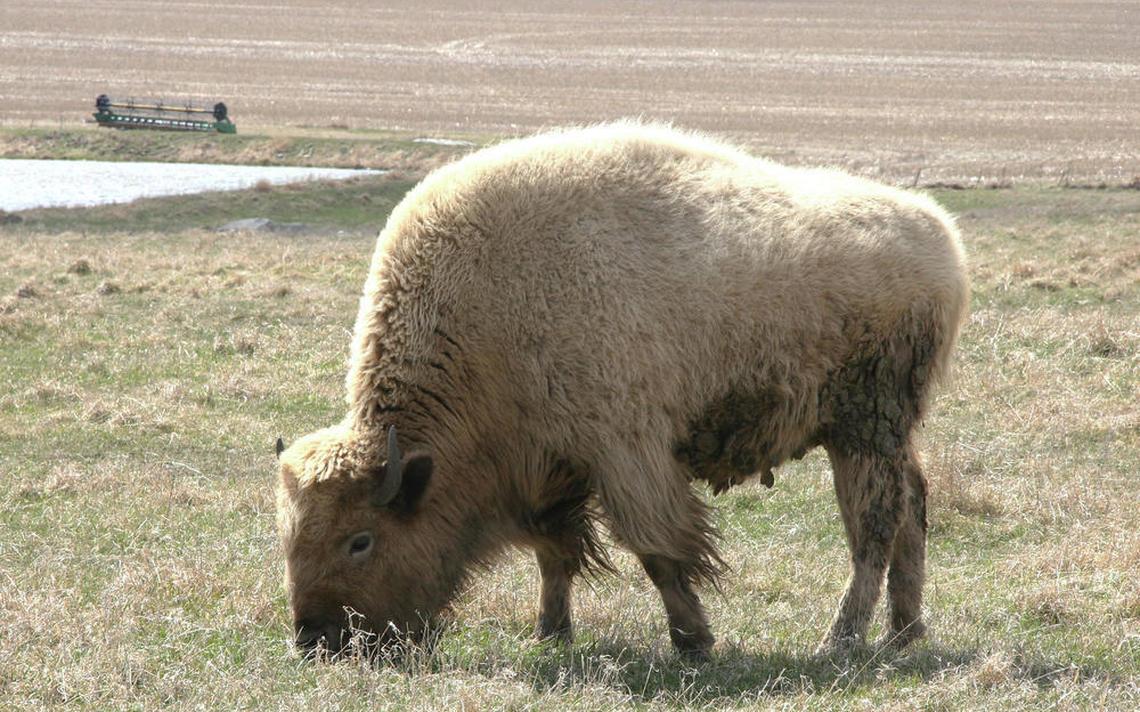AKWESASNE – New York State is embarking upon a medical marijuana program, joining twenty other states in the U.S. already doing so. Governor Andrew Cuomo made the announcement in Albany during his 2014 State of the State Address.
Provisions of the law that the program will be based on allow participating hospitals to utilize marijuana seized by state law enforcement during investigations. Some activists in Akwesasne wonder if that legal loophole will result in a local crackdown to supply the hospitals.
The two-hour speech covered much ground, but focused on his vision of unity in New York state.
Cuomo recognized tribal leaders who were present during his speech, including St. Regis Tribal Council members. The Democrat, up for re-election this year, touted his accomplishments with regional American Indian tribes as a 2013 highlight.
“After decades of conflicts, we renewed our spirit of partnership with the Indian Nations across this state,” Cuomo said. “Let’s take a moment to recognize the Nation Representatives: Ray Halbritter from the Oneida Nation of New York; Ron LaFrance of the St. Regis Mohawk, Beverly Cook of the St. Regis Mohawk and Michael Kimelberg of the Seneca Nation. Thank you, and thank you for being with us today. Thank you.”
Cuomo concluded his remarks by stating, “we are upstate, we are downstate, but we are one.”
In speaking on the medical marijuana plan, halfway through his presentation, Cuomo referenced the little-known Antonio G. Olivieri Controlled Substance Therapeutic Research Program. Olivieri was a former New York City councilman and assemblyman who underwent chemotherapy to combat a brain tumor. Prior to his death, a law was passed by the New York legislature in recognition of his choice to utilize marijuana to offset the chemo side-effects. The law had been dormant since the 1990’s.
According to Cuomo, the new plan will allow up to 20 hospitals in the state to dispense medical marijuana to patients. The prescriptions will have to pass a panel of doctors who will approve the hospitals to dispense the marijuana. How the hospitals will acquire the controlled substance has stirred some debate within Iroquoia.
Language in the original 1980 law referenced how it might be done, “if, within a reasonable time, the commissioner (of health in New York) is unable to obtain controlled substances pursuant to subdivision one of this section, he shall conduct an inventory of available sources of such drugs, including but not limited to the New York state police bureau of criminal investigation and local law enforcement officials.”
Another possible source mentioned is the federal government marijuana farms, but that project has apparently been defunded recently. Federal law enforcement remains opposed to state marijuana schemes, despite some being voted into place by state residents. In the case of New York, Cuomo will bypass the legislature through the use of the law, which is already on the books.
Some St. Regis Tribal Police officers are also cross-sworn as federal Homeland Security agents, in an effort to stop controlled substances from passing through the reserve. Hundreds of pounds of marijuana have been confiscated through law enforcement operations as evidence. Could these police stashes be accessed to serve as a supply point for the program? The answer to that question is unknown at this time, but future drug busts may be scrutinized for that reason.
Social activists in Akwesasne decry the stigma that tobacco and marijuana arrests have brought to the community. “Outlawing nature makes no sense,” has been locally heard from young and old alike. Some tribal members who took notice of the Cuomo announcement, seized on it as an opportunity for the St. Regis Tribe to tax marijuana, like tobacco is. At the current rate, there is a concern that marijuana will be legally available throughout New York State before it is decriminalized in Akwesasne. Activists point to the high rates of cancer from local industrial pollution sites as a compelling reason why Akwesasne should be ahead of the mainstream curve concerning medical marijuana prescriptions. They say the option is needed to reduce the high rate of usage of powerful Oxycontin pills that are often prescribed for serious illness pain management.







